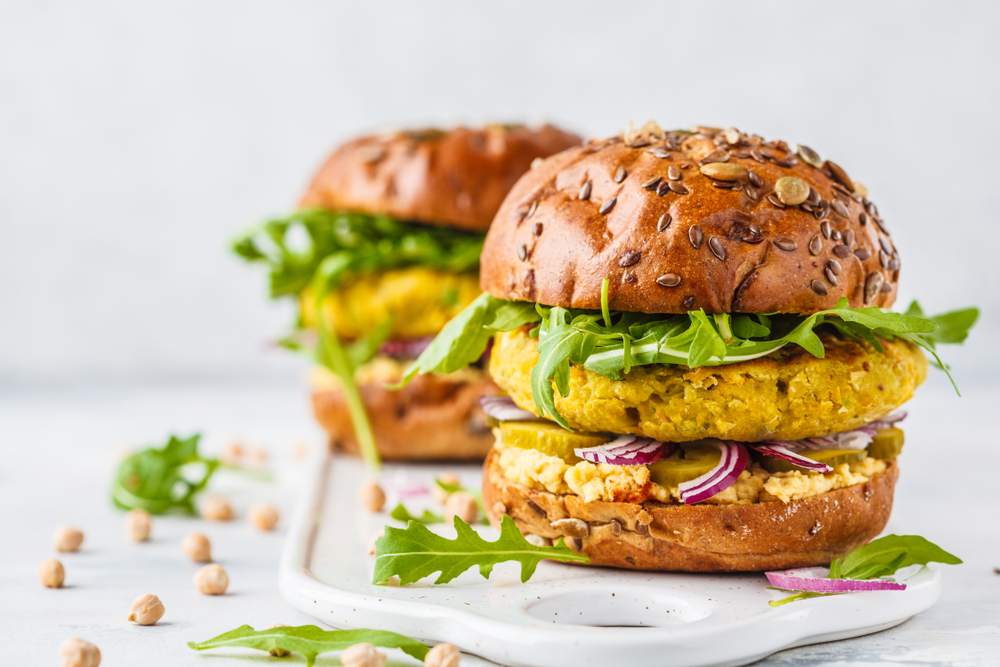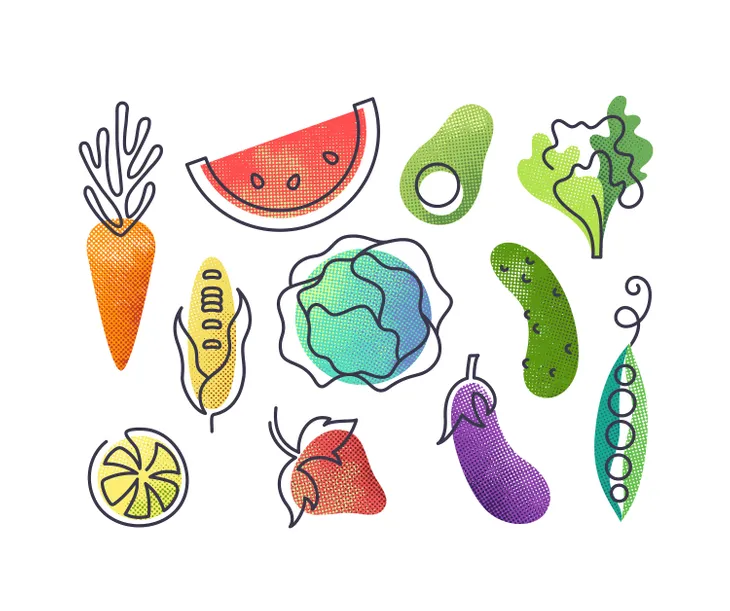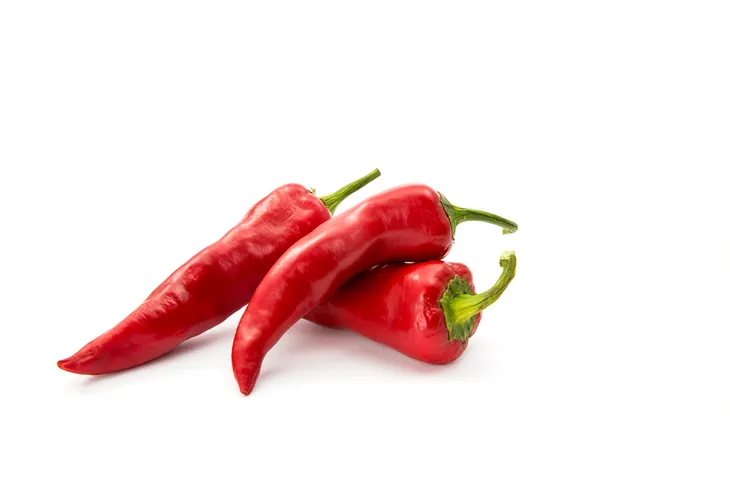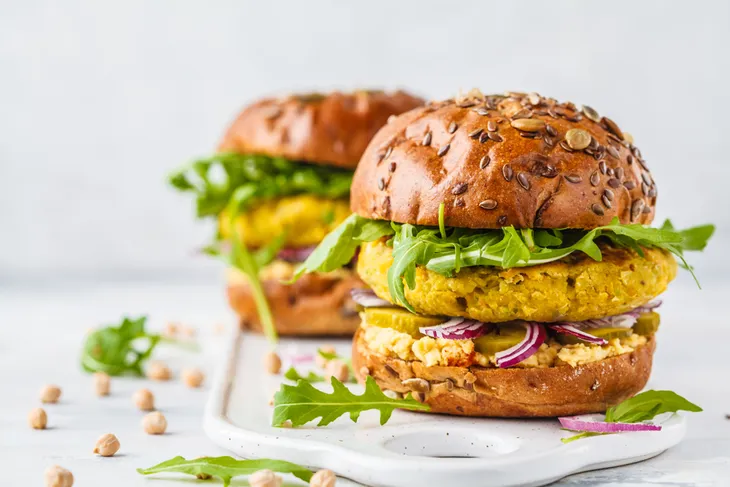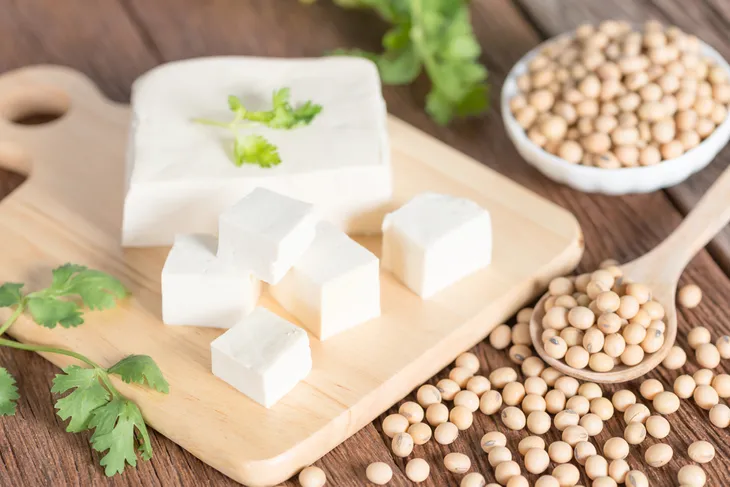You don’t have to be a full-blown vegetarian to understand the benefits of a plant-based diet. More and more people are realizing that reducing their meat intake and upping the number of fruits and veggies in their diet can have positive effects on their own health, and that of our planet. It’s estimated by the Food and Agricultural Organization of the United Nations that livestock production is responsible for about 14.5 percent of all global green house gas emissions, and of these emissions, about 32 to 40 percent are methane gas (produced by cattle during digestion.)
For some, the environmental benefits are enough reason to move towards a plant based diet, but for others, it’s the health benefits that play a major motivator. Among these benefits (according to the National Institutes of Health) are weight loss, lower cholesterol and lower blood pressure. Whatever your reasons, the move away from meat can be a difficult one, but there are some tips that can help with the transition…
Start Small
One of the most important aspects of moving to a plant-based diet, is the way you go about it. Going cold turkey (sorry, bad pun) can be extremely difficult, and your body may have a hard time adjusting this way. For this reason it’s highly recommended that you start small. Take whatever you’re doing currently and find ways to scale down, slowly.
If you typically eat meat with almost every meal, start with ‘meatless Mondays’ and once you’re used to one meatless day a week, increase it to 2 or 3 and so on. There are no hard and fast rules about how you go about making the switch, it’s really about doing what works for you. Even if you don’t want to give up meat all together, there are still many benefits to be had from a few meatless days each week.
Don’t Fall into the Empty Carb Trap
The empty carb trap can be an easy one to fall into. Giving up meat can leave a bit of a void in our hearts (and our stomachs) and many vegetarians fill this somewhat emotional void by reaching for refined carbs like chips, bagels, pastries, and even vegan versions of junk food. While this may seem emotionally satisfying at first, eating this way will only make you feel worse in the long run and won’t help you reach adequate nutrition.
To help prevent falling into this empty carb trap, create a thoughtful meal plan for each week and have plenty of healthy snacks around so you won’t wind up reaching for the chips or crackers in a moment of hunger. It’s also a great idea to study up on whole grains and learn how they can be used to satisfy those carb cravings in a meat-free diet.
Look for Umami
You may have never heard of Umami, but you’ve probably tasted it. It’s the fifth taste and the Japanese word directly translates as “pleasant savory taste“It is the taste sensation that makes food savory, complex and deeply flavorful, and in a traditional diet, the greatest provider of Umami is meat-based dishes.
This is the reason that some vegetarian dishes can leave carnivores feeling a little less than satisfied, but there are many vegetarian ingredients that can provide this desired fifth taste. Fermented foods like soy sauce and balsamic vinegar, mushrooms, tomatoes, toasted nuts and seeds, vegetable broth and nutritional yeast can all provide that satisfying depth of flavor and help make a vegetable-based meal extra satisfying.
Invest in Cookbooks
When you switch to a plant-based diet, a whole new world of ingredients and cooking methods will become available to you, which can be confusing and even a little overwhelming for many home cooks. For this reason, I recommend investing in a few great plant-based, or vegetarian, cookbooks to help get you started on your meatless journey. The best way to learn this new style of cooking is to take some tips from the pros and try out new recipes.
The recipes can be great inspiration and after a while, you’ll be able to start making your own tweaks and start experimenting on your own. Take a cue from some of Amazon’s best selling vegetarian cookbooks are Forks over Knives, the Cookbook by Del Sroufe, The Oh She Glows Cookbook by Angela Liddon and The Complete Vegetarian Cookbook by America’s Test Kitchen.
Switch Up Flavors
If your idea of meat-free cooking is a plate of steamed vegetables with salt and pepper, you’re not going to get very far on a plant-based diet. Making use of different flavor profiles is key to creating meals that will keep your interest and prevent you from feeling like you’re eating the same things over and over again.
One night try something inspired by Mexican flavors like salsa, cumin and chile peppers and then the next, go Asian with the flavors of soy, five spice powder and rice wine vinegar. Fresh herbs can also be used in dishes which call for dried versions and will instantly brighten the flavors of any dish. You can even break down Asian into specific cuisines like Thai, Japanese, Chinese and Malaysian, each have their own flavor profile and basic ingredients you can play around with.
Try Making Vegetarian Versions of Your Favorites
One of the most important things to remember when switching to a plant-based diet is that it doesn’t have to mean you give up your favorite foods. Many dishes can be made in a meat-free way that can be equally satisfying and won’t have you missing the meat. If you love Mexican or Tex-Mex, try making tacos with a filling of diced vegetables seasoned with chilli powder, cumin and cayenne pepper, or burritos with a filling of rice, beans and sautéed peppers and onions.
Even comfort food favorites like meatloaf and Italian meatballs can be made without meat if you do a little research. There are also many commercial vegetarian products available like veggie burger patties and ground meat alternatives. Even celebrity vegetarian Linda McCartney has her own line of vegetarian sausages, pies, burgers, sausage rolls and frozen entrees.
Research by Eating Out
You’re going to like this next transition tip; because you’re encouraged to go and eat out at restaurants, ordering vegetarian meals of course. For some of us, eating out may be a luxury, but in this case you can call it research into your new way of eating. One of the best ways to learn new techniques and recipes for vegetarian cooking is by seeing how the pros treat their veggies.
It doesn’t have to be at a fancy restaurant (although it can be), it can be as simple as trying the previously unnoticed vegetarian options at your favorite quick-service chain, or even exploring the salad bar at Whole Foods. Sampling some professionally made meatless cuisine can give you a sense of flavor profiles and ingredients that will work well with each other and inspire your own kitchen creations.
Know Your Nutrients
This last tip is an important one, it’s one that will be a key for success with any plant-based diet. I can’t stress the importance of knowing your nutrients. This will be fairly easy as long as you’re eating a well rounded variety of fruits, vegetables, whole grains, legumes, nuts and seeds. But the problem comes when your breakfasts consist of a bowl of cereal or bagel every day and french fries for dinner.
It’s also important not to forget about protein in your diet, without meat you’ll need to look to sources like tofu, beans and legumes, nutritional yeast, quinoa, nuts, seeds and chia to fill that important nutritional role. Ensuring proper nutrition in any diet will mean the difference between thriving and surviving.
